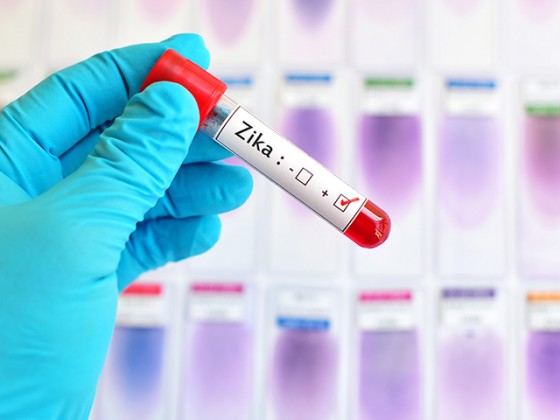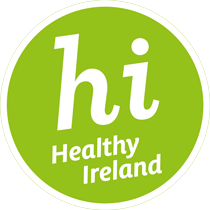You are here
Zika virus

The HSE was informed of two unrelated cases of Zika virus infection in two adults who are currently well and fully recovered. Both individuals have a history of travel to a Zika affected country. These are the first cases of Zika virus infection confirmed in Ireland. Neither case is at risk of pregnancy.
The finding of Zika cases in Ireland is not an unexpected event as many other European countries have reported cases as a result of travel to affected areas. Currently, outbreaks of Zika virus are occurring in some countries in South and Central America, the Caribbean and the Pacific Islands.
The Zika virus is a mosquito –borne infection, which isn’t harmful in most cases, However, it may be harmful for pregnancies, as it’s been potentially linked to birth defects, specifically, abnormally small heads (microcephaly).
Infection when it occurs usually results in a mild illness that typically lasts between 2 to 7 days. The majority of people who become infected by Zika virus have no symptoms. Zika virus is spread through the bite of a mosquito that is in certain countries but which is not present in Ireland.
While almost all cases of Zika virus are acquired via mosquito bites, one case of sexual transmission of Zika virus has been reported internationally, however the risk of sexual transmission of Zika virus is thought to be extremely low.
If you become ill within two weeks after your return to Ireland from an affected area, you should contact your doctor for assessment and let him/her know of your recent travel history to an affected area.
The most important measure to prevent infection with Zika virus or other infections transmitted by mosquitoes is to avoid mosquito bites. Women who are pregnant or are trying to become pregnant should consult their doctor or seek advice from a travel clinic before travelling to a country affected by Zika virus. They should also consider postponing their travel to affected areas.
Further information on Zika Virus Disease and the list of affected countries is available on the Health Protection Surveillance website: www.hpsc.ie

